Desktop application penetration testing is more important than ever in 2025. In sectors like healthcare, finance, government, and manufacturing, desktop applications continue to be the foundation of mission-critical operations. However, the likelihood of exploitation rises with software complexity. More than ever, organisations must protect their desktop and client-based infrastructure from sophisticated threat actors.
Choosing the right penetration testing company can be the difference between a compliant, resilient system and one that leaves your business exposed to devastating breaches. Below, we break down the top desktop application penetration testing companies leading the charge in 2025.

What Makes a Great Desktop Application Pentesting Firm?
Not all pentesters are created equal. Here are the criteria used to evaluate these providers:
- Deep technical expertise in Windows internals, thick client architectures (.NET, Java, Electron, etc.)
- Capabilities in reversing proprietary protocols and binaries
- Ability to test both source-inclusive and black-box applications
- Proven results in regulated industries
- Delivery of actionable, developer-friendly remediation guidance
Top Desktop Application Penetration Testing Provider in 2025
Bluefire Redteam
The industry leader in advanced desktop application security assessments.
In 2025, Bluefire Redteam will lead the way in thick client penetration testing. Our team specialises in identifying intricate flaws in both contemporary and legacy desktop applications by fusing real-world adversarial simulation with dynamic instrumentation, protocol fuzzing, and in-depth reverse engineering.

We go beyond checklists to deliver tailored engagements designed to identify exploitable paths specific to your technology stack and threat profile. Our capabilities span:
- Binary analysis and source code audits for Delphi, Java, C++,.NET, and Electron applications
- Reverse engineering and debugging of obfuscated and undocumented applications
- To find memory corruption and logical errors, use custom protocol dissection and fuzzing.
- Client-server and standalone thick client testing with consideration for the environment
- Post-exploitation analysis and lateral movement simulations within enterprise environments
- HIPAA, PCI-DSS, FFIEC, ISO 27001, and SOC 2 compliance reporting
- CI/CD and secure SDLC integration guidelines for rapid security
Our work is trusted by:
- Global enterprises with internal legacy apps
- Defense contractors and critical infrastructure firms
- Financial institutions and digital banking platforms
- Healthtech and MedTech developers requiring FDA-aligned validation
Each engagement includes:
- Detailed technical findings with proof-of-exploit
- Developer-ready remediation steps with code examples
- Executive summary for business stakeholders
- Optional retesting and remediation validation
Why Bluefire Redteam Leads in Thick Client Application Pen Testing
Bluefire Redteam is the only company that handles thick client pentesting as a separate field, independent of web and mobile testing, whereas other companies offer generic pentests. Our in-depth technical knowledge, industry expertise, and consultative style guarantee that you’re strengthening your company rather than merely checking a box.
Frequently Asked Questions - Thick Client Penetration Testing
- What makes desktop app pentesting different from web or mobile?
Desktop apps often involve custom protocols, local storage, and native code execution, making them harder to assess with automated tools. Manual reversing and dynamic analysis are critical.
- How much does desktop/thick client application pentesting cost?
It varies based on app complexity, number of user roles, source code availability, and protocol types. Engagements typically range from $5,000 to $20,000.
- How long does a desktop pentest take?
Average projects last 2–4 weeks, including scoping, testing, and reporting.
- What is penetration testing and why is it important?
Penetration testing is a simulated cyberattack against your application or system to find exploitable vulnerabilities before real attackers do. It's a vital part of proactive cybersecurity.
- Can penetration testing help with compliance?
Yes. Pentesting is often required for standards like HIPAA, PCI-DSS, SOC 2, and ISO 27001. It also helps demonstrate due diligence in protecting sensitive data.
- What types of applications can Bluefire test?
We test thick clients, desktop apps, mobile apps, web applications, APIs, and hybrid applications across various tech stacks and deployment environments.
- What tools do you use during testing?
We use a mix of commercial and proprietary tools, including debuggers, dynamic instrumentation frameworks, binary analyzers, and network fuzzers—always tailored to your application architecture.


